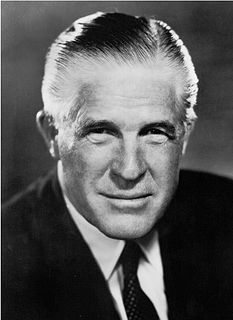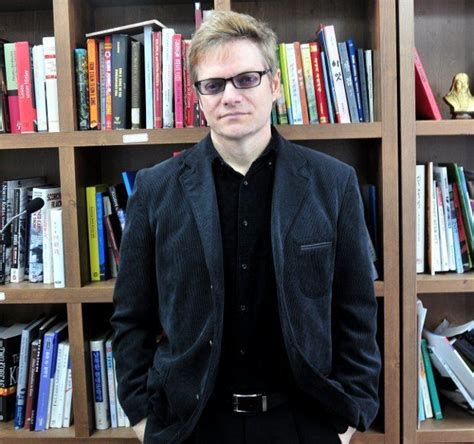A Quote by Aldo Leopold
Thus far we have considered the problem of conservation of land purely as an economic issue. A false front of exclusively economic determinism is so habitual to Americans in discussing public questions that one must speak in the language of compound interest to get a hearing.
Related Quotes
In studying the fate of our forest king, we have thus far considered the action of purely natural causes only; but, unfortunately, man is in the woods, and waste and pure destruction are making rapid headway. If the importance of the forests were even vaguely understood, even from an economic standpoint, their preservation would call forth the most watchful attention of government
When man has mastered money he shall have mastered not only his economic problem of prosperity but also his political problem, for he will see that money has no place in state functions, and, the money power being entirely in his own hands, he will easily master the state and clearly define its services. Thus money must be seen as the means of mastery of all economic and political problems. Until we have mastered money we shall not master any of our problems. Not money, but a false money system, is the root of all evil.
... what we should be looking for is fresh ideas of how we make moral decisions about our dealings with one another, economic, social, cultural. Economic determinism is an objectionable creed where men and women espouse it in its communist or capitalist form because it treats human beings as economic units and not as responsible persons.
We need a new political language with broader narratives. Such a language has to unravel the pervasive ideological, pedagogical, and economic dynamics of a form of economic Darwinism that now governs much of the world. This system must be demystified, politicized, and recognized for the ways in which it has come to pose a dire threat to democracy.
We have a very old conservation movement, particularly in the United States, which has focused on campaigns to protect endangered species: the spotted owl, the old-growth forest. But usually it stops there. To me, biodiversity is the full spectrum. Species conservation is not only about wilderness conservation. It?s also about protecting the livelihood of people even while changing the dominant relationship that humans have had with other species. In India, it?s an economic issue, not just an ecological one.
It is clear that there are reasons for discontent in Iran - economic and political reasons. We have told the Iranian leadership repeatedly that the country's economic recovery can ultimately only succeed through greater international economic cooperation. And the precondition for that is not only that Iran refrain from developing nuclear weapons, but also that Iran's role in the region become far more peaceful. We have offered to finally hold true negotiations and talks on that issue.
The economic distress of America's inner cities may be the most pressing issue facing the nation. The lack of businesses and jobs in disadvantaged urban areas fuels not only a crushing cycle of poverty but also crippling social problems such as drug abuse and crime… A sustainable economic base can be created in the inner city, but only as it has been created elsewhere: through private, for-profit initiatives and investment based on economic self-interest and genuine competitive advantage.
All three of the leaders looked like they were surprised to be asked about housing. And really none of them had anything interesting to say. And so this is something we need to push hard on to ensure that they understand that our housing crisis is really a major economic issue. It's not a social issue; it's an economic issue.




































